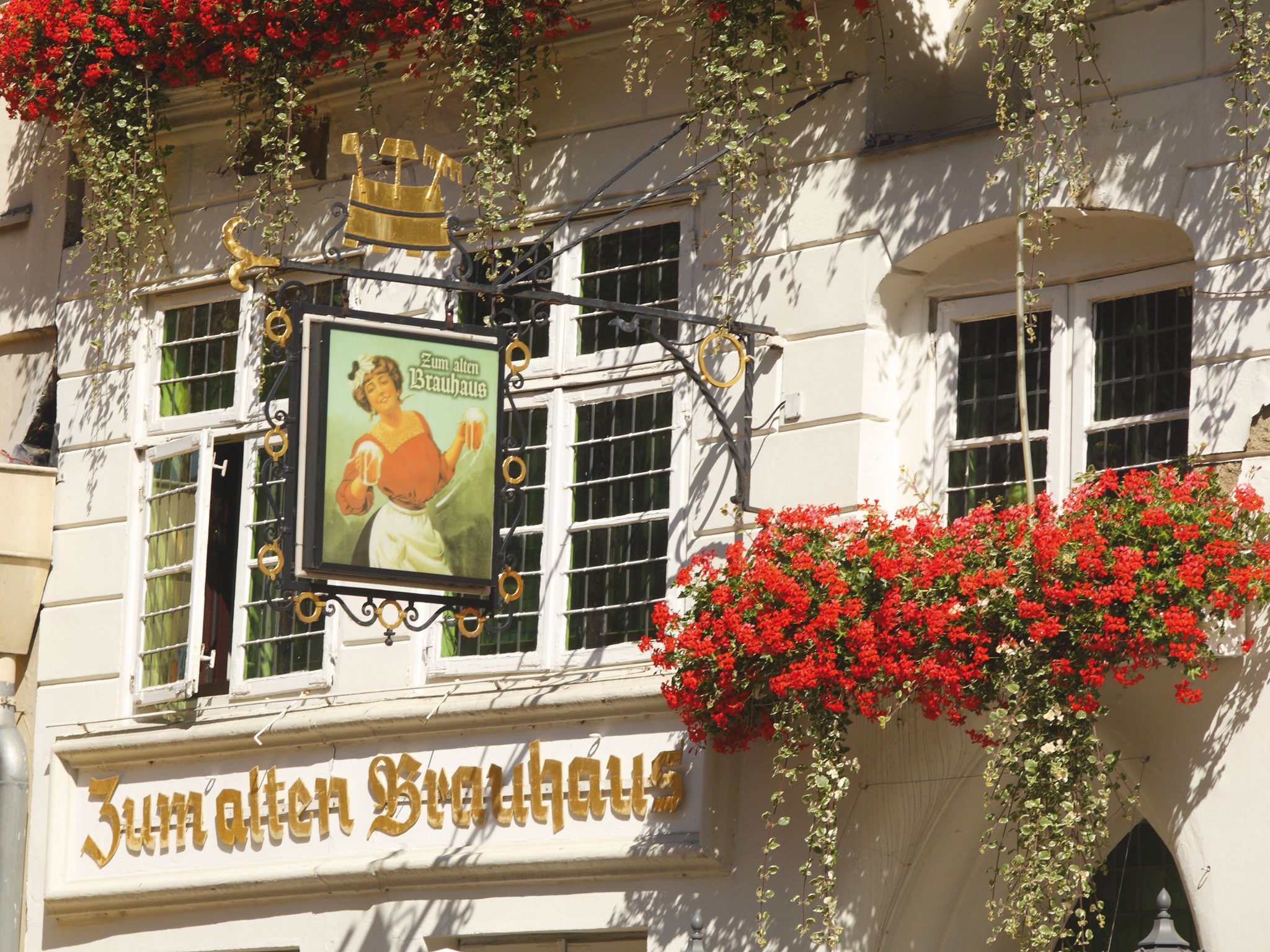Mary Dejevsky: A new generation is refreshing the traditional German inn
Something to Declare

For reasons of history, geography and cuisine, you can understand why Germany is a holiday destination so neglected by the British. Add the sometimes terrifying experience of mixing it with the natives on their speed-unlimited autobahns, and the reasons to head straight for France seem compelling.
Germany is less forbidding as a driving destination than it used to be. This is partly because the upgrading of the road network in the former East is nearing completion. It is also because many stretches of autobahn now have speed limits. However, one of the best reasons to visit is the improvement in accommodation outside major cities and towns.
There have been two developments in recent years. The first is the arrival of reasonably priced new hotels in smaller towns, equipped to a standard far superior to most two-star French logis. The second is the arrival of a new generation taking over, or inheriting, Germany's country inns. After discovering the genre of the Landgasthof almost by chance a few years ago, I have done my best to seek them out.
The Landgasthof is an inn, usually on the outskirts of a town or in a village, with a restaurant of at least superior pub standard and often considerably better, and two-star-plus accommodation. Sometimes the rooms are in an annexe; sometimes in the inn itself. But in my experience they have been built, or improved, to an excellent standard, and include disabled accessibility.
You can find them all over the country, but there is an especially wide choice in the very north and the south. In my experience, the total bill for two people will rarely top €120 (£104) for dinner, bed and a generous breakfast. The food often includes local and seasonal specialities. I have enjoyed excellent fish on the North Sea coast, game in the south and white asparagus everywhere, always with a choice of local wines and beers. The reception is cordial, the service friendly and everything – as you would expect of Germany – is clean and efficient.
One of the reasons for the rise of the Landgasthof may be that a new generation has seen the potential in establishments that their parents or grandparents allowed to drift. Another may be a renewed quest for authenticity, environmental awareness and "wellness". Some advertise sporting or spa facilities; many market themselves especially to cyclists; others offer a variety of special activity weekends.
But perhaps the main reason for the growing popularity of the Landgasthof is that the internet has given even the most remote among them a chance to feature on the traveller's map.
One owner – of an inn between Baden-Baden and Saarbrücken – told me that, since placing an entry on the Links und rechts der Autobahn (left and right of the motorway) website at linksundrechts.com, which also publishes an annual handbook, he had visitors passing through from Belgium or the Netherlands, as well as Germans. Quite often, he said, they would ring up the same day.
It's maybe not a good idea to leave it that late, though. While we have struck lucky with some same-day bookings, several promising-looking inns, even quite big ones, have been booked out.
Subscribe to Independent Premium to bookmark this article
Want to bookmark your favourite articles and stories to read or reference later? Start your Independent Premium subscription today.

Join our commenting forum
Join thought-provoking conversations, follow other Independent readers and see their replies